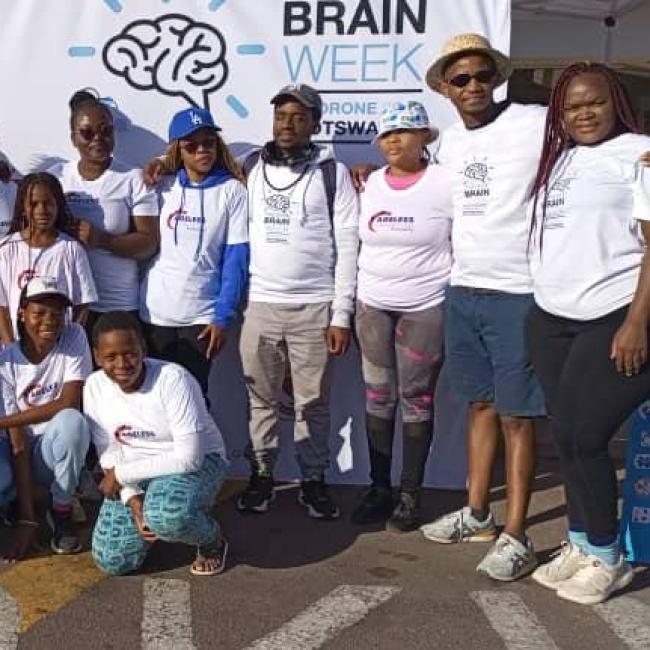Assessment of brain-derived extracellular vesicle enrichment for blood biomarker analysis in age-related neurodegenerative diseases: An international overview
Alzheimers Dement. 2024 Jun 12. doi: 10.1002/alz.13823. Online ahead of print.
ABSTRACT
INTRODUCTION: Brain-derived extracellular vesicles (BEVs) in blood allows for minimally-invasive investigations of central nervous system (CNS) -specific markers of age-related neurodegenerative diseases (NDDs). Polymer-based EV- and immunoprecipitation (IP)-based BEV-enrichment protocols from blood have gained popularity. We systematically investigated protocol consistency across studies, and determined CNS-specificity of proteins associated with these protocols.
METHODS: NDD articles investigating BEVs in blood using polymer-based and/or IP-based BEV enrichment protocols were systematically identified, and protocols compared. Proteins used for BEV-enrichment and/or post-enrichment were assessed for CNS- and brain-cell-type-specificity, extracellular domains (ECD+), and presence in EV-databases.
RESULTS: A total of 82.1% of studies used polymer-based (ExoQuick) EV-enrichment, and 92.3% used L1CAM for IP-based BEV-enrichment. Centrifugation times differed across studies. A total of 26.8% of 82 proteins systematically identified were CNS-specific: 50% ECD+, 77.3% were listed in EV-databases.
CONCLUSIONS: We identified protocol steps requiring standardization, and recommend additional CNS-specific proteins that can be used for BEV-enrichment or as BEV-biomarkers.
HIGHLIGHTS: Across NDDs, we identified protocols commonly used for EV/BEV enrichment from blood. We identified protocol steps showing variability that require harmonization. We assessed CNS-specificity of proteins used for BEV-enrichment or found in BEV cargo. CNS-specific EV proteins with ECD+ or without were identified. We recommend evaluation of blood-BEV enrichment using these additional ECD+ proteins.
PMID:38864416 | DOI:10.1002/alz.13823





